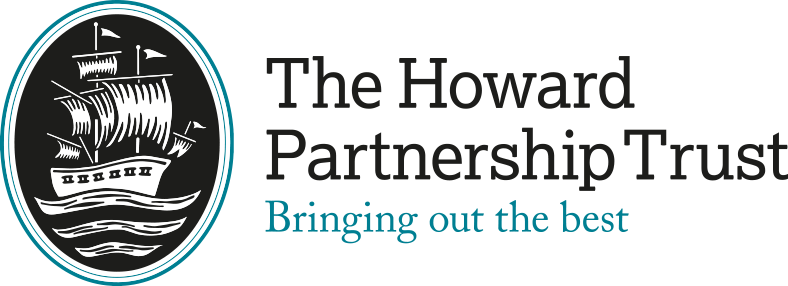Five ways to keep a child's mind active during half term
We all need a break from structured learning. During the holidays, parents and carers can take advantage of everyday learning opportunities to keep young minds active
After a term of hard work, the half-term provides a chance for a well-earned rest. While relaxation and time with friends and family are rightly the priority, many parents and carers are keen to keep youngsters’ minds active during the break.
As a species, human beings tend to be quite forgetful. A study by German scientists suggests we retain just 5% of what we learnt the day before. So anything that keeps the brain ticking during school holidays can have a significant educational benefit.
Here are five tips for how parents can create informal learning opportunities during the holidays.
- Keep reading – digesting good-quality fiction takes children on an imaginative adventure. It can also aid their cognitive development through improvements in language fluency, comprehension skills and creative writing.
- Discover everyday learning opportunities – the world around us is full of opportunities to broaden minds. This includes visits to museums and other attractions, but these can be expensive. Simply letting youngsters share in parts of an adult’s daily routine, such as shopping, can expose them to new information. Many holiday activities, including camping, help children and teenagers encounter a whole world of knowledge.
- Journaling and blogging – keeping a diary can be great for a young person’s intellectual and emotional development. Such habits help youngsters express themselves and promote language, communication and art skills. For older children and teenagers, age-appropriate blogging in a supervised capacity may be a great way to start writing.
- Cooking and baking – if a young person discovers a love of baking, the whole family can reap the rewards. While often considered an art, the precise measurements required for cooking require a scientific mindset which can help young people learn helpful skills.
- Get back to nature – the natural world is one of our greatest teachers. Even back gardens and local parks serve as habitats for local wildlife. Encouraging children and young people to observe and ask questions about the local environment can create a life-long love of nature.
A break from structured study helps children and young people rest and relax. It enables them to come back to school for the next term with a fresh appetite for study. By helping them take advantage of informal, everyday learning opportunities, parents and carers can help keep young minds active, support their long-term development and inspire them to make the most of their time away from the classroom.

